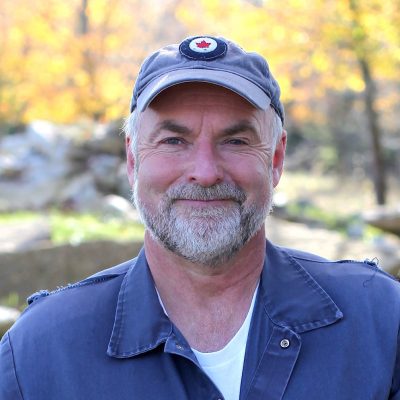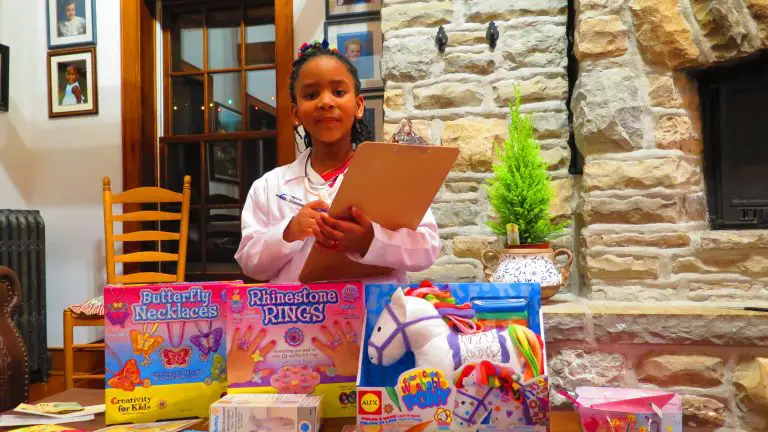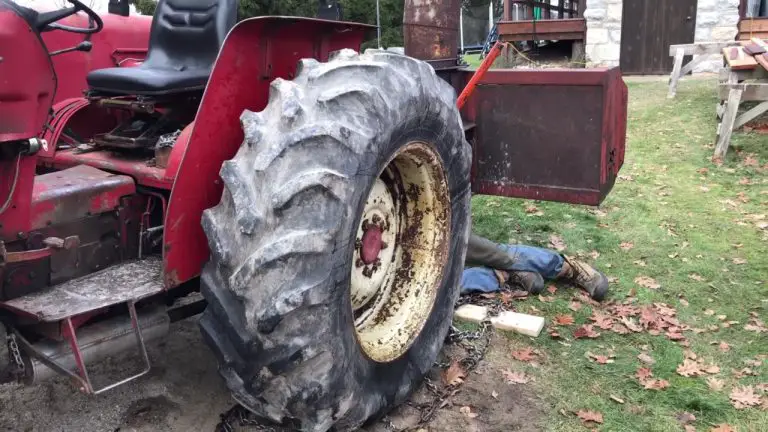The true story you’re about to read is a warning and a reminder, at least it is for me. It’s about the value of choosing the hard path of forgiveness, kindness and love, while rejecting the seemingly easier road of pride, anger, resentment and division. And the story begins in 1987 with an elderly gentleman I’ll call Isaac.
- Reading Time = 5 1/2 minutes
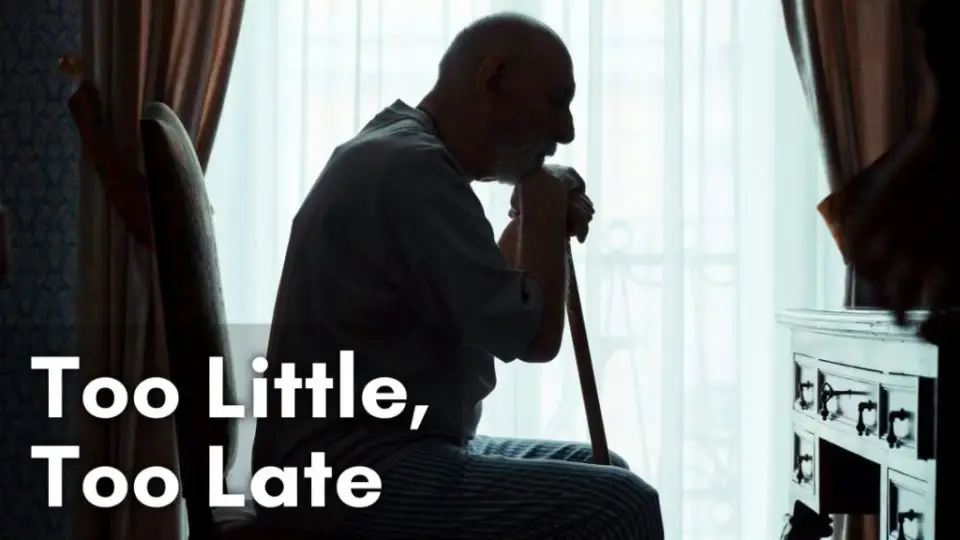
Isaac was 78 years old at the time, and the wife of his youth had died a year earlier. It was July of ’87 when a recently widowed family friend I’ll call Mildred – moved in with Isaac. She was 36 years his junior.
An Interloper Invited
At this point, Mildred had outlived at least two previous husbands, all significantly older than her, and all leaving her with some kind of substantial inheritance. This naturally led to community speculation about Mildred’s real intentions with Isaac. But to be fair she treated him very well over the 8 years they were together. Despite his age, Isaac was still a strong, muscular man, thanks in large part to a lifetime of manual labour in a chronically depressed part of the world. But Mildred cooked excellent meals three times a day, every day of the year, and Isaac put on extra padding on that muscle for sure.
Mildred was also the kind of woman who took on the interests of whatever man she was with. Even though she’d never hunted before, you could see her dressed in bright orange each November, holding a high powered rifle, waiting for a deer in the cold and snow. She also began vegetable gardening in earnest, something Isaac had done his whole life. With no discernible talent for music, she started cording on the piano while accompanying Isaac and his musical friends. That was “interesting” indeed to hear.
As time went on, Isaac’s children became concerned, fearing that this new woman would not only take the emotional place of their mother, but also divert some or all of the inheritance they’d all worked hard to create. And given Mildred’s track record, their fears were not unfounded. It all came to a head when Isaac made it known that Mildred was now, in fact, written into his will in a significant way. This was when fear, resentment, anger and legal action reared its head. It happened on both sides.
A Decision Made
Unfortunately, as a lawyer friend of mine is quick to remind me, this kind of thing is not unusual when new members are unilaterally grafted into the family tree, but this is also where a decision must be made. Opting to make no decision is not possible. Will money, property and a sense of entitlement win over family relationships? Or will the hard decision be made to keep relationships open and sweet as far as it’s within our power to do so, even when resentment, anger and the feeling of getting ripped off seem like easier sentiments to cultivate?
This is not an easy situation, and both roads involve pain – quite a bit of it. Perhaps you’ve experienced this same thing. But the question is, what is the least painful approach in the end? What’s the right thing to do? While it’s obvious that keeping relationships open in situations involving money, property and family interlopers can be incredibly difficult, is it also not true that failing to do these things is even more difficult? In the end Isaac probably agreed, as I’ll show you.
In late 1993, Isaac was diagnosed with skin cancer, and for reasons I don’t understand, no significant treatment was suggested. by doctors. Perhaps it was the kind of medical triage that sometimes happens with people of Isaac’s age when insufficient medical capacity is available, as it is where he lived. Perhaps it was just ignorance. The only treatment was the application of a yellow-coloured lotion to visible tumours. As you’d expect, the cancer spread quickly, eventually robbing Isaac of the ability to speak. His mind was still sharp, but the connection between body and soul was failing. It’s always sad to see anyone succumb to the ravages of mortality, but particularly so with a person who lived life as an active, productive dynamo who was also a personal friend. But what happened during a January thaw in 1995 was much sadder still.
The Icy Road
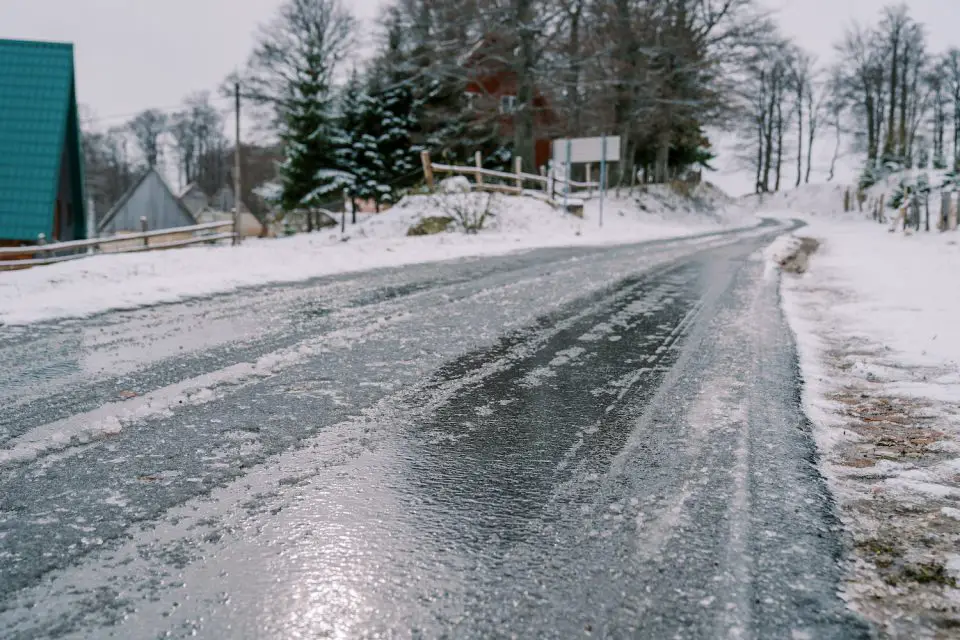
Mary and I were eating lunch, and as I looked out the window, I saw something large and dark pulsating along the wet, icy surface. It looked like an inch worm, but as large as a big dog. I got up and looked more closely.
Running out of the house, I found the thing on the road was Isaac. He’d somehow gotten out of his home without Mildred knowing, and was scooting along the slippery, wet, ice-covered rural road surface on his bum. He was on his way to our place, and also obviously in emotional distress. He was always a practical man, taking matters into his own hands to get things done, however unconventional his approach might be. This was no different. It’s not every day you see an 80+ year old sliding along the road (and making good progress) on his behind.
As far as I could tell from Isaac’s incomprehensible communication, Isaac seemed to want to make things right somehow with his estranged family. He couldn’t say anything intelligible, but his eyes and distress and the tears in the eyes of this hard, weathered man said it all. Given his condition, I don’t think any resolution ever happened. Certainly no legal changes could have been made to the will given his physical state, and probably no sufficient emotional and relational repair, either.
I picked Isaac up, took him to our place, and sat him down next to our kitchen table to warm up. Eventually we went back outside and shuffled along the slippery road together on our feet, arriving back at his place and leaving him in the care of Mildred, and leaving me with lots to think about.
Too Little, Too Late
Less than two weeks later, Isaac lay on his deathbed in a small rural 25-bed hospital. As far as I know, my family and I were the last people to see him alive before he was swallowed up by death, his eyes still bright and knowing. In the end, most of his hard-earned estate was exhausted in legal wrangling that went on for years afterwards, leaving only this story, painful family memories, and a stark and eternal example of what one kind of too little, too late looks like in the end.
I don’t know about you, but this story leaves me with a lesson learned by observation. While life sometimes delivers us very hard situations, isn’t it true that the power of love, forgiveness and generosity still remain the best choices in the end, however difficult they might be at the time? Would Isaac have done anything differently if he had to live his last years over?





